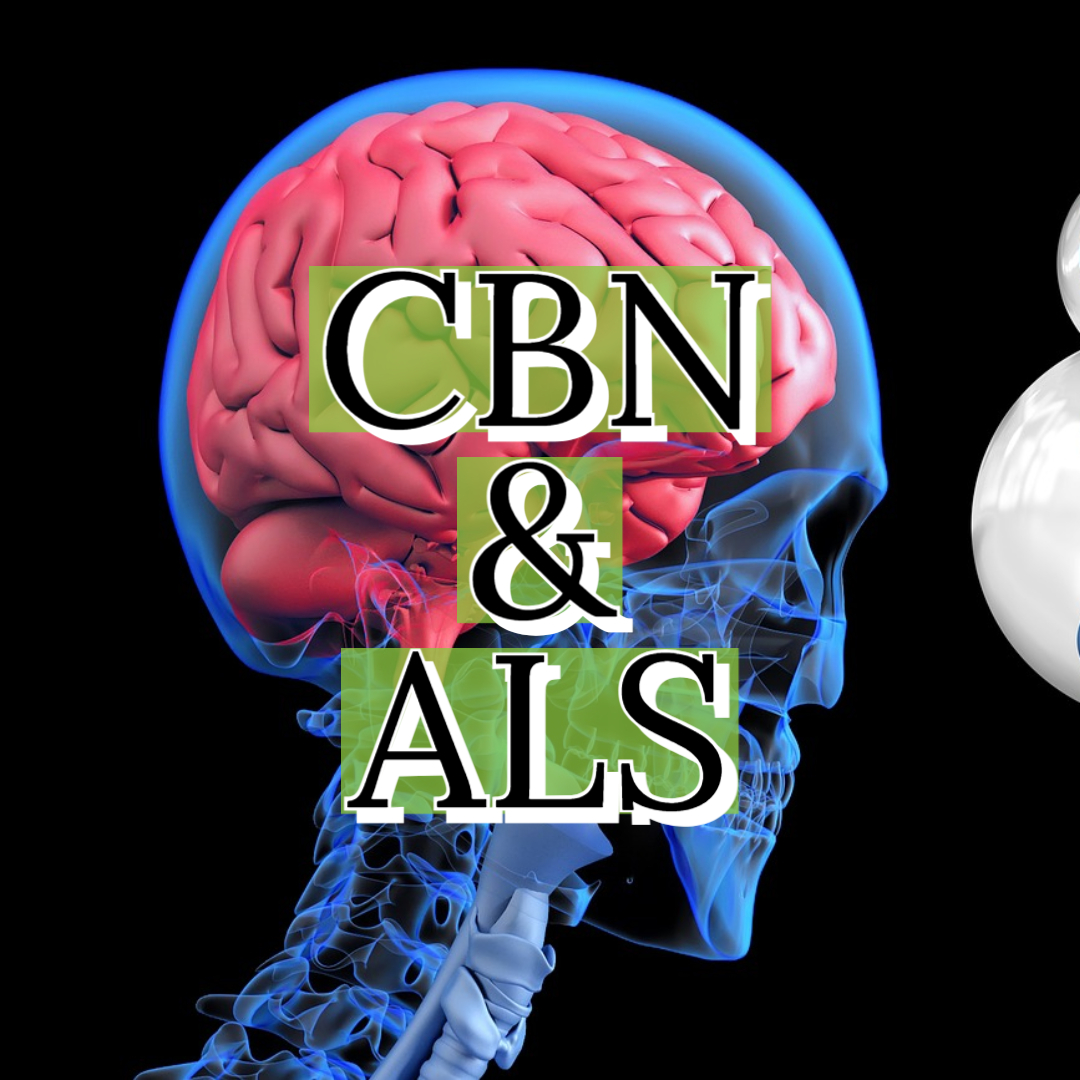Amyotrophic lateral sclerosis (ALS) is a debilitating disease, it is known as the most common degenerative disease of the motor neuron system. Over the last year or so, there has been a growing interest in discovering new and innovative ways to approach this disease. With this, the bioactive compounds of cannabis sativa have shown antioxidant, anti-inflammatory, and neuroprotective effects in preclinical models of central nervous system disease.
So, what is CBN? And what is it able to do for ALS?
Cannabinol (CBN) is one of the many cannabinoids in hemp and cannabis plants. But CBN is unique in that it develops much differently from fan-favorites like CBD or THC. Typically, the plant’s natural genetics controls the cannabinoids it produces. But CBN is different. Hemp and cannabis plants produce CBN as a byproduct of THC oxidation. What does that mean? Over time, as the plant is exposed to heat and light, THC transforms into CBN. Cannabinoids, the bioactive compounds of cannabis sativa, exert their activity by binding to the CB1 and CB2
receptors. The cannabinoid system seems to be involved in the pathology of ALS. Indeed, the spinal cord of ALS patients has been shown to present motor neuron damage triggered by immune system’s cells (microglia and macrophages) that express increased levels of the CB2 cannabinoid receptor. Cannabinol (CBN) is generally used to ease symptoms and side effects of neurological conditions, including epilepsy, seizures, and uncontrollable muscle stiffness. THCA. Tetrahydrocannabinol acid (THCA) is similar to THC, but it does not cause any psychoactive
effects.
“According to a single observational study of patients with ALS, only the 10 percent who admitted consuming cannabis revealed moderate relief of several symptoms, including appetite loss, depression, pain and drooling,” researchers wrote. “In addition, spasticity is also a major problem for ALS patients, which reported that cannabis can subjectively improve spasticity.”
However, most of the studies proving the ability of cannabinoids in delay disease progression and prolong survival in ALS were performed in animal model, whereas the few clinical trials that investigated cannabinoids-based medicines were focused only on the alleviation of ALS-related symptoms, not on the control of disease progression.
While there is no current cure for ALS, CBN is able to help alleviate the symptoms and give some a better quality of life.
Please consult your primary care physician before starting a new treatment.
Our team of specialists are always available to provide you with education and assist you with any questions regarding CBD and any other cannabinoids you may be curious about.






Leave A Comment
You must be logged in to post a comment.